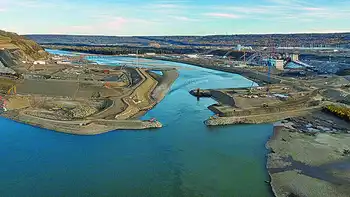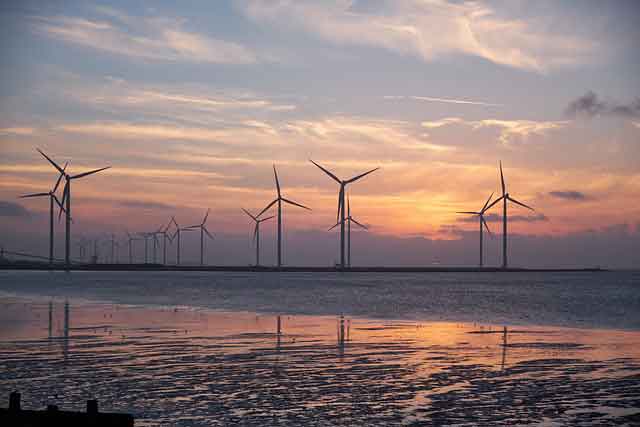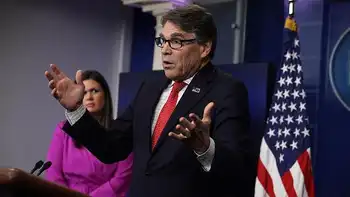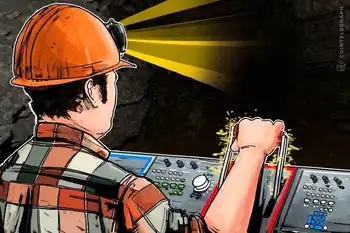Obama to appoint “cyber czar”
To oversee an enhanced security system for the nation's computer networks, Obama is creating a "cyber czar" as part of a long-awaited plan stemming from a review he ordered shortly after taking office.
Obama has laid out broad goals for dealing with cyber-threats while depicting the U.S. as a digital nation that needs to provide the education required to keep pace with technology and attract and retain a cyber-savvy workforce. He also has called for a new education campaign to raise public awareness of the challenges and threats related to cyber-security.
The review, however, will not dictate how the government or private industry should tighten digital defenses. Critics say the cyber-czar will not have sufficient budgetary and policy-making authority over securing computer systems and spending.
Officials familiar with the discussions say the cyber czar would be a special assistant to the president and would be supported by a new cyber-directorate within the National Security Council. The cyber czar would also work with the National Economic Council, said the officials, who described the plan on condition of anonymity because it had not been publicly released at that time.
The special assistant title is not as high in the White House hierarchy as some officials wanted it to be. It would not give the czar direct, unfettered access to the president. Instead, the official would report to senior NSC officials – a situation many say will make it difficult to make major changes within the calcified federal bureaucracy.
Government and military officials have acknowledged that U.S. computer networks are constantly assailed by attacks and scans, ranging from nuisance hacking to more nefarious probes and attacks. Some suggest that the actions at times are a form of cyber espionage from other nations, such as China.
Obama is not expected to announce who will get the job during the unveiling of the review, according to an administration official who spoke on condition of anonymity because the selection process is ongoing. Other officials close to the issue say a handful of experts – both in and out of government – are under consideration.
Related News

Site C mega dam billions over budget but will go ahead: B.C. premier
VANCOUVER - The cost to cancel a massive B.C. energy development project would be at least $10 billion, provincial officials revealed in an update on the future of Site C.
Thus the project will go ahead, Premier John Horgan and Energy Minister Bruce Ralston announced Friday, but with an increased budget and timeline.
Horgan and Ralston spoke at a news conference in Victoria about the findings of a status report into the hydroelectric dam project in northeastern B.C.
Peter Milburn, former deputy finance minister, finished the report earlier this year, but the findings were not initially made public.
$10B more than initial estimate
On…





